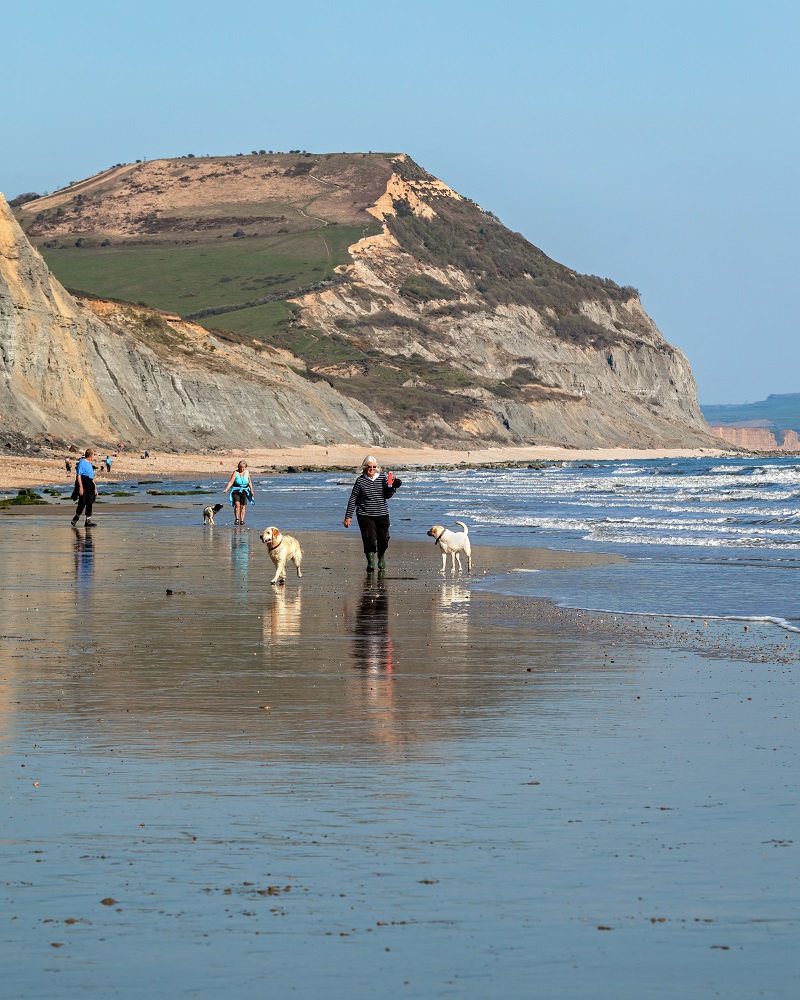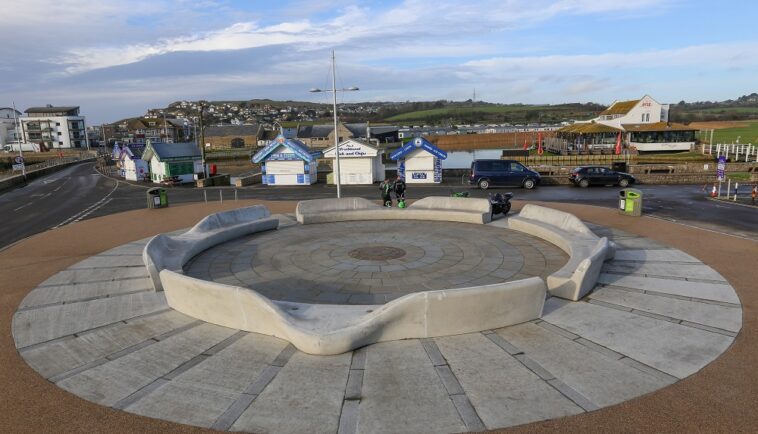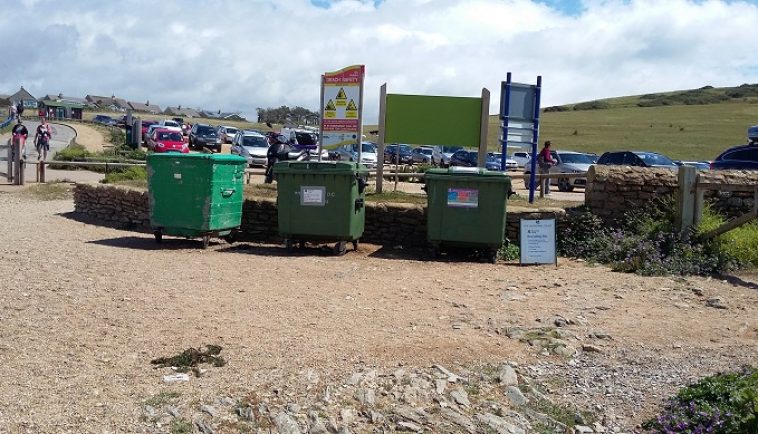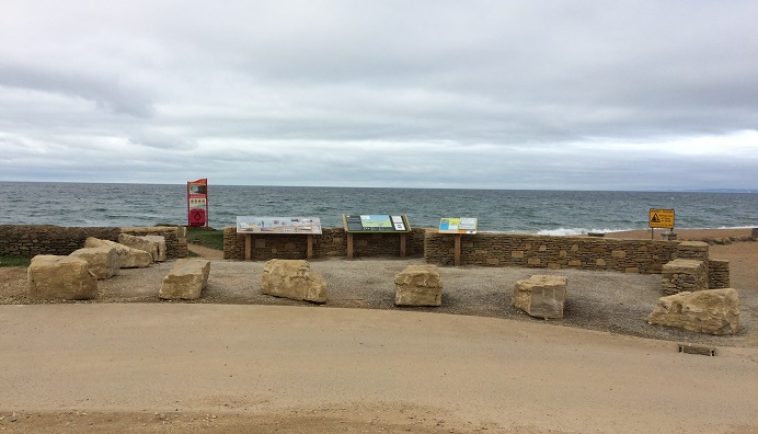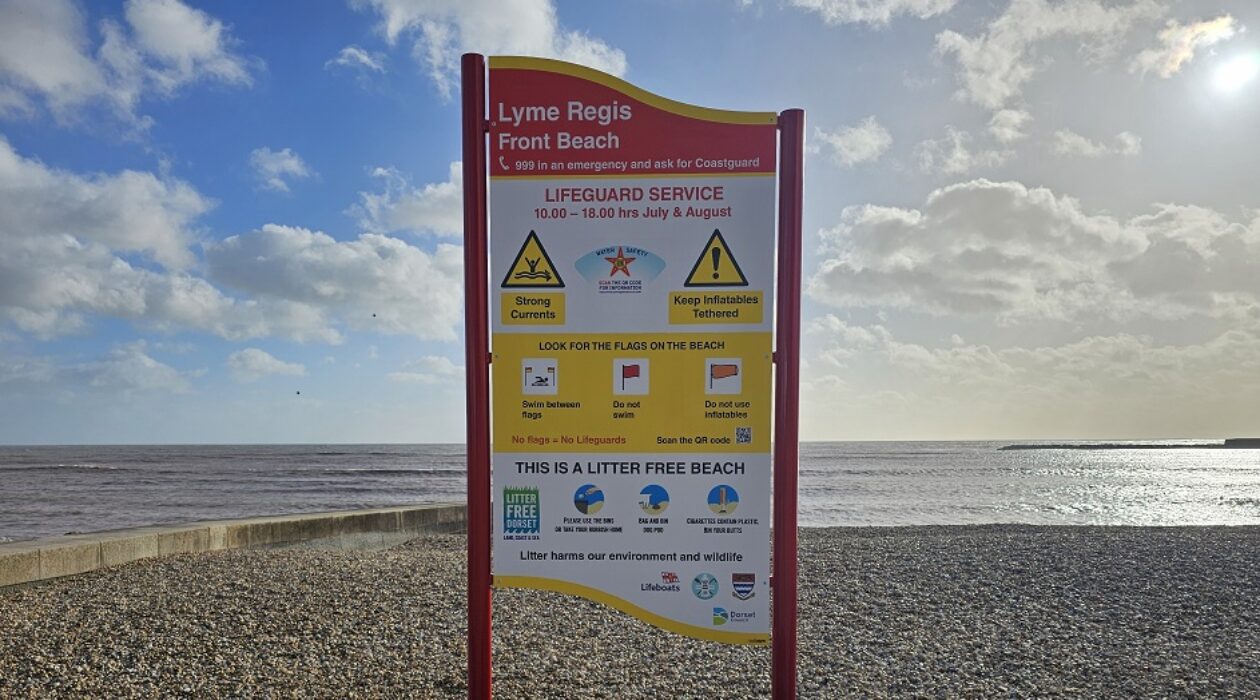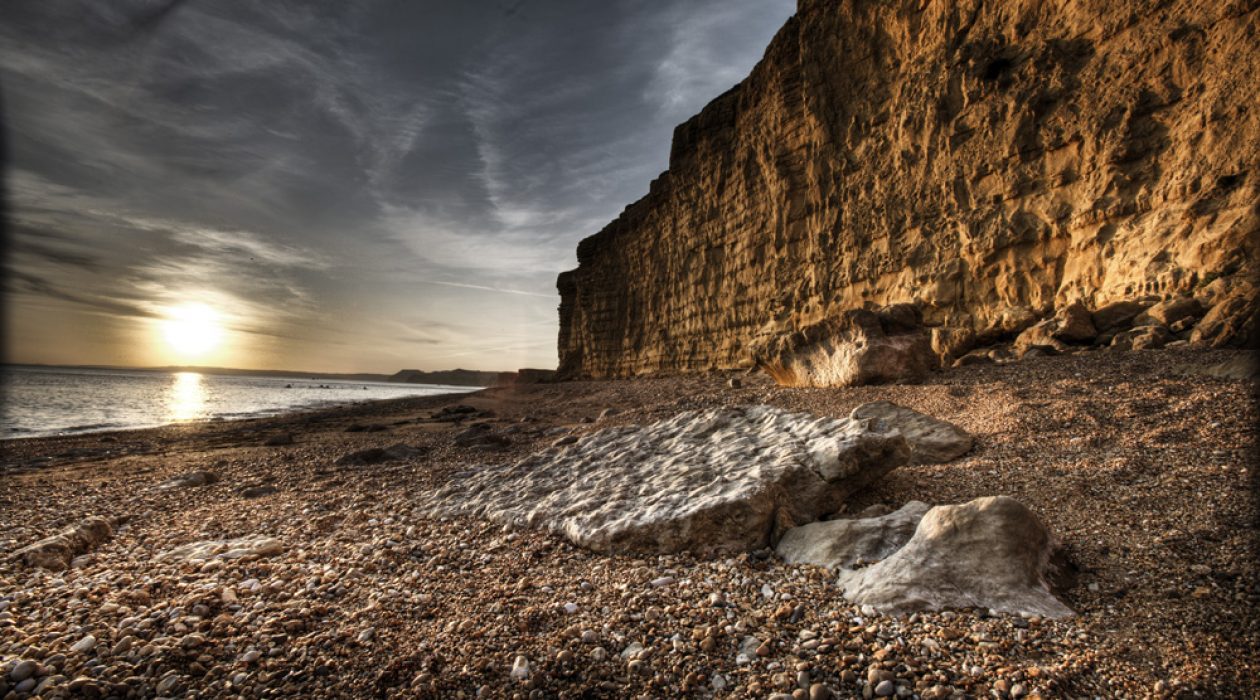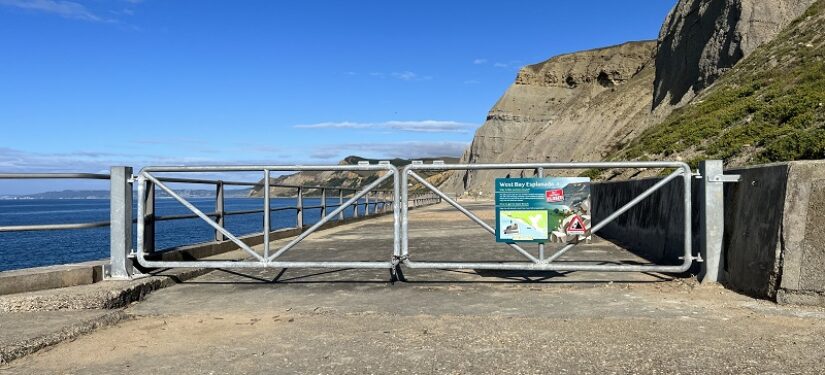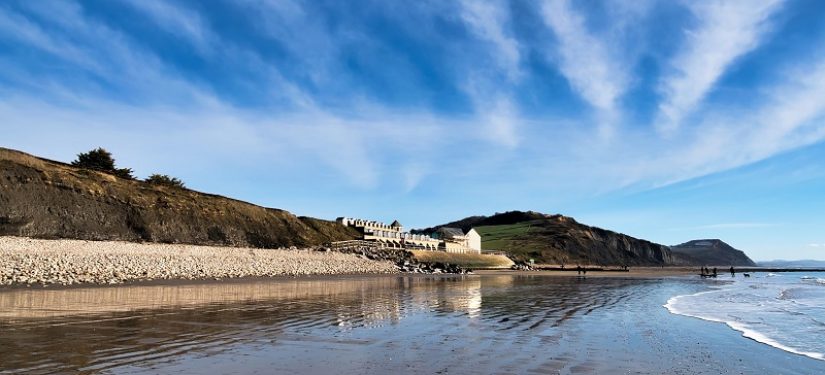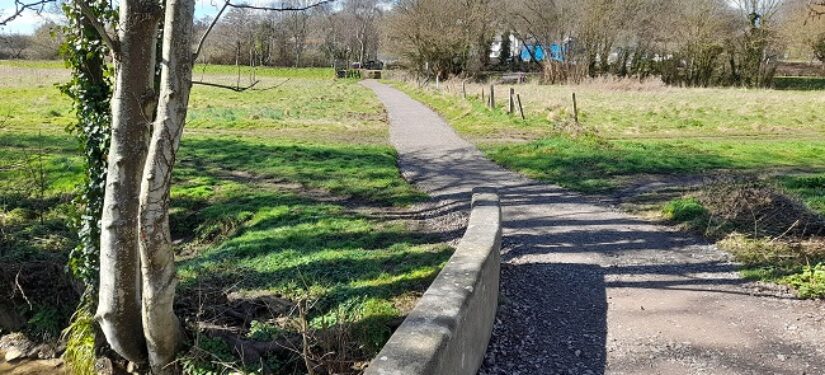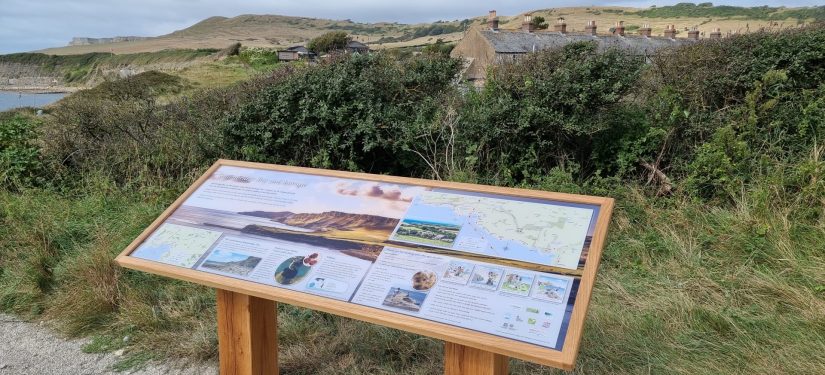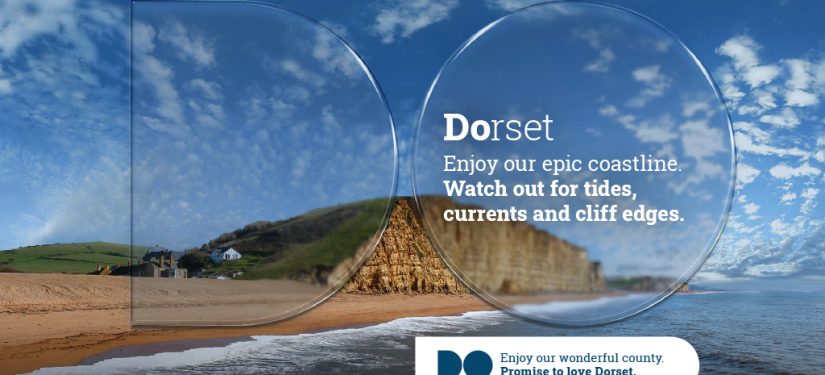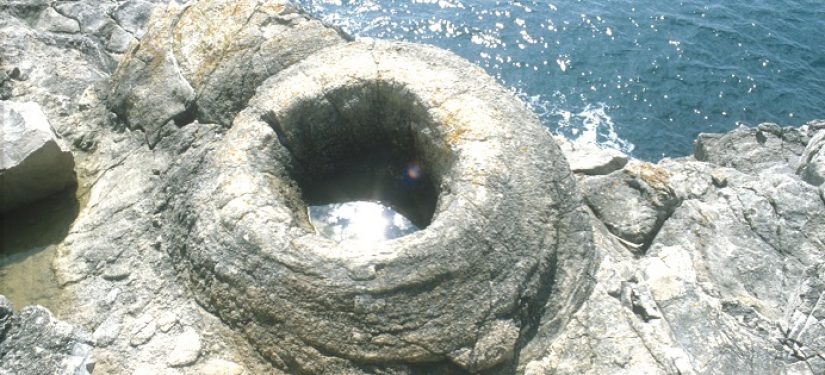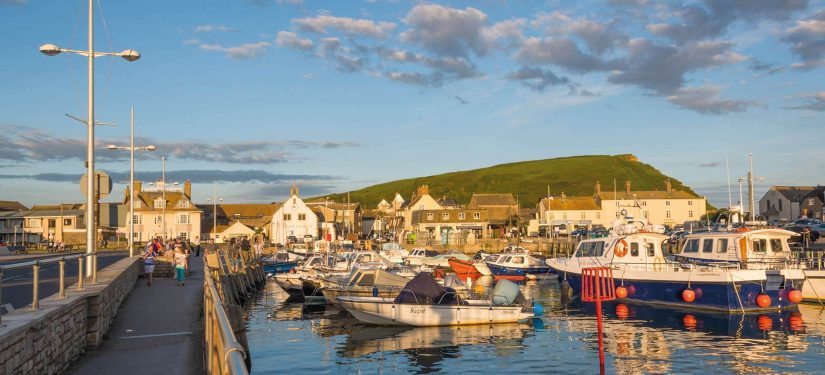About our project
Our aim is to manage recreation in the National Landscape so that any negative impact of visitors on the natural environment is reduced. We want to connect people to place and nature; establishing a much needed link to our natural heritage in today’s modern society.
There are over 10 million day trips and 5.9 million visitor nights to the Dorset National Landscape every year. Tourism supports nearly 10,000 full time equivalent jobs in the Dorset National Landscape and visitor spend contributes £800 million to the local economy (2023 figures).
Dorset’s outstanding landscape is the main reason most people visit the area. It underpins our tourism based economy and plays a huge role in supporting local services.
Our role is to manage the impact of visitors so that the National Landscape retains its natural beauty and special qualities and is passed on to future generations in at least as good condition as it is currently. Helping people enjoy and understand the area establishes an appreciation and engagement with the place, which in turn creates a desire to protect the environment.
Dorset National Landscape also has responsibility for visitor management and tourism related work along the Jurassic Coast World Heritage Site.
